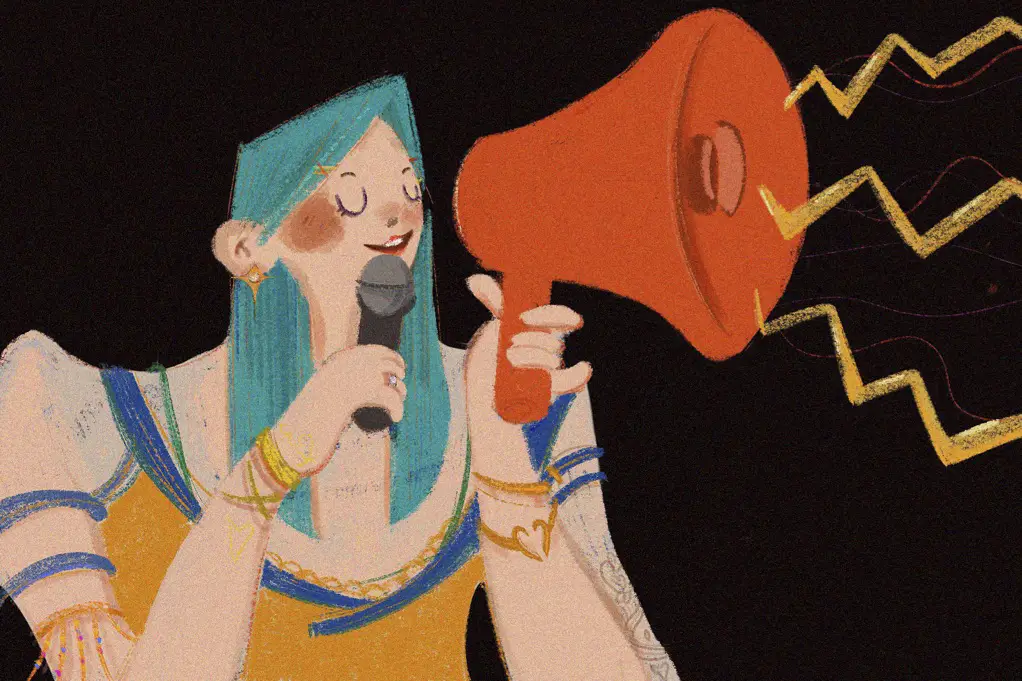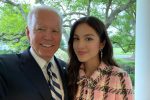In the summer of 2018, celebrity activism was virtually everywhere. Chance the Rapper bought Chicagoist, Beyoncé hired the first black photographer to shoot the cover of Vogue and LeBron James opened a public school in his hometown and began producing a docu-series for Showtime. Among countless other celebrity political debuts, Cynthia Nixon is running for governor of New York.
All of the above are examples of celebrities using their platforms to express opinions, political or otherwise. But, is it within their right as creative public figures to do so? Social good fueled by star power undoubtedly benefits society on some level. However, upon further investigation, the seemingly selfless actions of some stars might allow such celebs to reap the benefits of their own activism, as well as serve to promote their own celebrity brand.
The boundaries of acceptable celebrity activism become clear upon examination of the career paths, actions and possible motivations of charitable celebs. If these A-listers are able to profit from their do-gooding, their intentions might appear ever-so-slightly impure.
Chance the Rapper’s acquisition of Chicagoist followed on the heels of years of Chicago-focused activism by the musician, the majority of which was funded by the proceeds of his fruitful career. Chance explained his purchase as part of an effort to “[amplify] diverse voices and content” through a known Chicago independent media outlet. The rapper has received a lot of flak for his executive ownership of the online news source. Many feel he shouldn’t be trusted as the new captain at the helm of Chicagoist because of his complicated relationship with the media in the past.
In addition, Chance’s success as a musician and a creative is inextricably linked to reviews and publicity provided by media outlets. Therefore, suspicions have arisen that Chance cannot be impartial in his ownership because he may have granted himself the power to amplify both diverse voices and his own. If Chicagoist becomes a platform that bolsters the rapper’s brand and celebrity, his purchase could cross a line. Due to the nature of his success and the journalistic power of the site, Chance’s motivations could be partially self-serving. He could give himself good press so people will buy his music.
In contrast, Beyoncé made headlines recently for editorial activism of her own. For its September issue, Vogue granted the superstar full creative direction over a feature solely focused on her to celebrate her continued success. Notably, Beyoncé used her slice of power to hire photographer Tyler Mitchell for her feature, making him the first black photographer to ever shoot a Vogue cover. Within her contribution to a greater publication, Beyoncé achieved a nugget of social change: She brought a catalyzing diversity to a long-standing, powerful magazine.
The star did not have executive control over the entirety of Vogue’s September issue, and her opinions and allegiances didn’t influence later features in magazine. Beyoncé’s altruistic influence was within bounds: It began and ended, transparently, within her feature. Vogue’s journalistic integrity remained uncompromised.
Outside the news media industry, other celebrities are taking great strides. This past March, in a total Miranda move, Cynthia Nixon announced her campaign for governor of New York. Lebron James, too, is diversifying his resume. In addition to creating the “I Promise” school for at-risk youth in Akron, Ohio, James is producing a docuseries cogently titled “Shut Up and Dribble,” which will detail the experience of being a star athlete in the current political climate.
Both Nixon and James are being unabashedly clear in holding accountable the powers that be. Particularly in doing so, neither of them are furthering their own respective celebrity careers. Both will inevitably improve their public images, but Nixon won’t be nominated for an Emmy award for her performance as fearless gubernatorial candidate and James won’t win future NBA championships as a result of his docuseries and educational altruism. Their activism is separate from their success and their influences on society are within bounds.
In truth, celebrity activism should be a wake-up call. Disparities in high-quality public education is a societal ill that should have been remedied by the government. Widespread diversity within the media industry and queer, female gubernatorial challengers are progressive ideals that society should have already achieved. And most concerning, these problems have been long neglected by the powers that be.
Current political processes are skewed and traditional paths to success are arbitrarily exclusive, so stars have resorted to being heroes. Because they have the capital and name recognition, celebrities are able to solve seemingly unfixable problems.
By achieving fame and fortune within the pop culture realm, modern day celebrities assemble enough power to play the role of societal savior. Whether or not their activism redounds to their credit, the problems lie within a much larger, broken system.

















